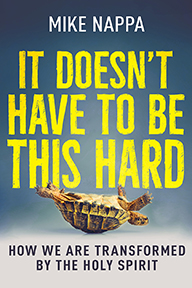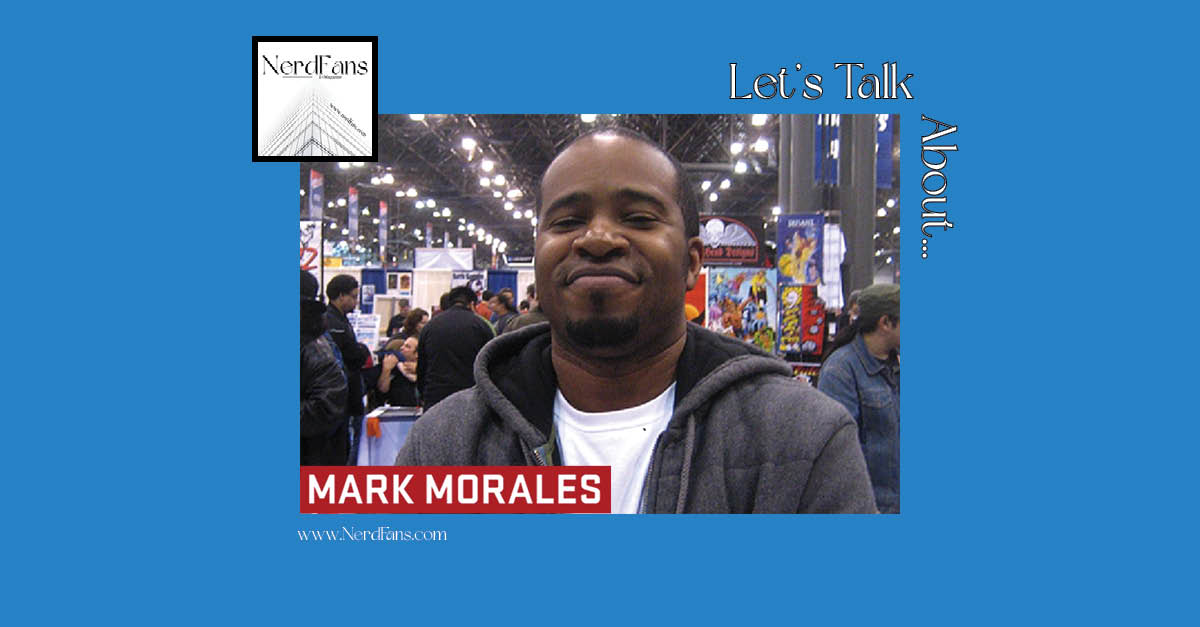A Sales Team reason for rejection
Ah, the curse of being unknown. This kind of anonymity has killed many a writer’s career.
I once knew an editor who labeled all authors in one of two categories: froofy and non-froofy. (I know, we editors are an articulate bunch, are we not?)
Froofy writers were perceived as uneducated, underemployed, random nobodies who’d once read a book and decided to give writing a shot. Non-froofy writers were, well people like you, dear reader, with sincere skill and promise for publication. (Hey, every writer’s got to suck up to the reader sometimes, right?)
Although they don’t typically use the word “froofy,” all Sales VPs think in terms of that duality. And if you’re a generally unknown writer suffering under the curse of anonymity, that means you’re a “froofy” in her eyes.
Look at it this way. Let’s say you work in bookstore sales at my publishing house. Your job is to convince book buyers at Barnes & Noble to carry our books. You have two books to sell today. Both have exactly the same title and exactly the same cover image. One is written by the President of the United States. The other is written by, well, you.
Which book are you going to have more success selling? Right.
It’s nothing personal, you see. My Sales VP is just thinking about all those industrious salespeople who earn their living by working for her. She’s responsible for giving them the tools they need to succeed. If she gives them a book by an unknown, by an absolute “nobody,” they’re going to have a hard time making money from it. And if they don’t succeed, my Sales VP won’t succeed.
So, whether she admits it out loud or not, she’s adopted a “no froofies” rule toward every book. If she sees you as an unknown entity, that’s enough to earn you a rejection, plain and simple.
What You Can Do About It
1. Become known.
I’m not saying you must become a celebrity before you can publish (though, according to Reason #54, that certainly helps). But I am saying that if you’re seeking a public career like that of an author, you probably should also be making a name for yourself somewhere, in some way. You can’t afford to be simply another “unknown” trying to publish.
No, don’t break the law or do some stupid publicity stunt (Balloon Boy anyone?). But do become a recognized expert in your field. Look for opportunities to be a public speaker. Be a notable contributor to a popular website. Start your own website or blog. Star in a local theater production. Enter writing contests—and win them. Take steps that bring you broader and broader exposure in the public eye.
For help in this area, check out Christina Katz’ practical advice in Get Known Before the Book Deal.
2. Highlight your public accomplishments in your proposal.
After you’ve done some of the things in suggestion 1 above, be sure to tell me about them! The best place for this is in your author bio, but you can also include these kinds of things in your personal publicity and marketing plan as well.
For instance, you might mention that you frequently perform at The Cool House Theater in your local community, and that gives you an avenue to include an ad for your book in the theater program which is distributed to 7500 people over the course of a normal production run.
Whatever it is you’re known for, just make sure I know about it. Then when my Sales VP asks me, “So who is this person anyway?” I’ll have something to say besides, “Oh, she’s some nobody in western Illinois. But she’s a good writer. Promise.”
3. Learn how to write press releases.
This is an overlooked skill among writers, but the ability to create a short, professional-looking press release is often a good way to tout your own accomplishments. You can even go ahead and send it to your local newspapers and media outlets—maybe even get coverage in those places. If you do, include any relevant clippings in your proposal. But even if you don’t get coverage, you can still include a press release or two with your proposal. I may toss it aside…but then I may look at it and be impressed as well.
I knew an author once who made it a habit to send out a press release about himself and his writing career two to four times each year. His mailing list was the 30 or 40 editors he hoped to work with someday in the future. He didn’t pitch any books or ask for any consideration when he sent those press releases. He said their whole purpose was simply to put his name regularly in the minds of editors. He felt that if an editor recognized his name when a new proposal came in—regardless of whether or not she knew why she recognized it—that meant he’d no longer be considered a nobody at the publishing house. You might consider doing something similar with your own press releases.
Looking for more? Check out these links:











